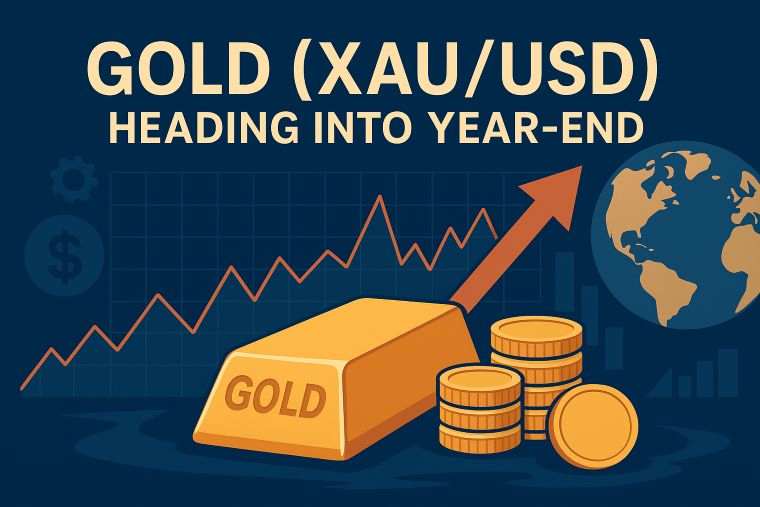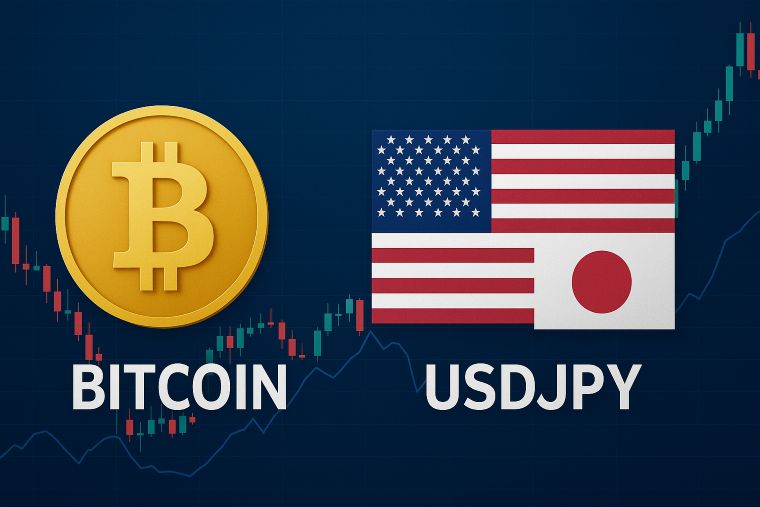4 min to read
Bank of Japan maintains current policy
New Governor Ueda of the Bank of Japan has announced the continuation of the bank's ultra-easy monetary policy.

“Bank of Japan maintains current policy, leading to a weaker yen and the US dollar’s rise despite low GDP”
New Governor Ueda of the Bank of Japan has announced the continuation of the bank’s ultra-easy monetary policy. In his first policy decision as governor, Ueda announced a decision to maintain the current financial policy with little change.
The decision and the introduction of a comprehensive review were generally expected. While the Bank of Japan expressed a willingness to comprehensively review past easing policies, the duration of the review has been set at one and a half years, longer than the market had anticipated.
The market apparently judged that there was a low possibility of rapid policy correction in response to this long-term review and that important issues had not been addressed.
While the forward guidance on interest rate policy by former Governor Kuroda was highly evaluated, it has been announced that it will be abolished this time. In addition, the statement no longer predicts that short and long-term policy rates will remain at current or lower levels.
Furthermore, the Bank of Japan has revised its inflation forecast for this year and next year upward, predicting that the core CPI index will move around 2.0% for the next two years and then decrease in 2025. Therefore, further upward revisions in the future are expected to demonstrate the stickiness of inflation.
In a press conference, Governor Ueda expressed an optimistic view of the 2% sustainable achievement target, making it clear that there is no doubt that the Yield Curve Control policy is approaching its end.
However, as the market had factored in expectations for a rapid departure from the ultra-easy monetary policy, the situation is now leading to a weaker yen.
The US dollar has risen above 135 yen to reach its highest level in seven weeks, and the euro has risen to its highest level in over eight years, reaching 149.50 yen.
Despite concerns about inflation, the weak US GDP led to a rise in the US dollar.
Yesterday, the preliminary US GDP figures were announced, sounding an alarm bell for stagflation. The US economy slowed down in the first three months of this year and fell below the expected 2.0%, showing a meager expansion of 1.1% year-on-year.
However, due to the GDP price index rising more than expected, the US dollar experienced a sharp rise. In particular, core personal consumption expenditure prices surpassed the expected 4.7% in the first quarter, jumping to 4.9%.
The US core price index is scheduled to be released today, and it is possible that it has not risen much since the inflation decreased in March.
As consumption was the main factor behind the growth in the first quarter, attention will be paid to individual consumption data.
If the Federal Reserve Board continues to be concerned about inflation, it is highly likely that they will raise interest rates after the meeting next week.
The bond market has not seen much change since yesterday’s announcement of US unemployment insurance claims, but US bond yields have fallen today, reversing yesterday’s gains.
The US dollar continues to rise today, putting pressure even on the bullish euro, which fell below 1.10 dollars.
Next week, the focus will be on the economic data from the eurozone that will be announced before the ECB’s policy decision.
Expectations for a 0.5% rate hike at the policy meeting next week have retreated slightly due to the disappointing Q1 GDP estimates from France and Germany.
Today, Germany’s CPI consumer price index will also be announced.
Tech stocks have lost momentum despite a recovery and Amazon’s earnings results.
In today’s stock market, major US stock futures indices turned downward after yesterday’s significant gains.
Thanks to the strong earnings results from major IT companies this week, the SP500 rose by 2.0% and the Nasdaq index rose by 2.4%.
On Wednesday of this week, US IT giant Meta announced better-than-expected earnings results, which pushed up the stock price by about 14% the following day. However, yesterday, after Amazon expressed concerns about its future outlook, the US stock market turned downward today.
Amazon’s CFO expressed concerns about the weak economy’s impact on the company’s cloud business growth in the second quarter.
However, there is no serious concern about a recession in the overall market, and even if this quarter’s earnings results do not lead to a new record high, stock prices are expected to remain stable.
Visit XM Official Website.

